Genetics
-
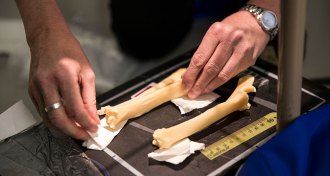 Genetics
GeneticsBones show Dolly’s arthritis was normal for a sheep her age
Cloning didn’t cause the famous sheep to age prematurely.
-
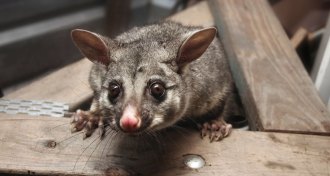 Genetics
GeneticsCurrent CRISPR gene drives are too strong for outdoor use, studies warn
Self-limiting genetic tools already in development may be able to get around concerns surrounding the use of gene drives.
By Susan Milius -
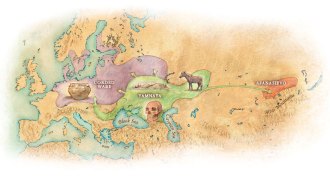 Archaeology
ArchaeologyHow Asian nomadic herders built new Bronze Age cultures
Ancient steppe herders traveled into Europe and Asia, leaving their molecular mark and building Bronze Age cultures.
By Bruce Bower -
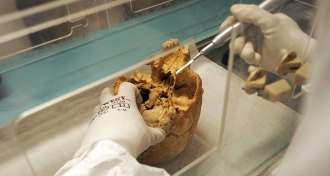 Anthropology
AnthropologyAncient European farmers and foragers hooked up big time
Interbreeding escalated in regionally distinct ways across Neolithic Europe.
By Bruce Bower -
 Genetics
GeneticsScientists replaced 80 percent of a ‘butterfly’ boy’s skin
By correcting genes in stem cells and growing new skin in the lab, a new therapy repaired a genetic skin disease.
-
 Animals
AnimalsHere’s why some water striders have fans on their legs
A fan of tiny, elegant plumes on their legs helps certain water striders dash across flowing water without getting wet.
By Susan Milius -
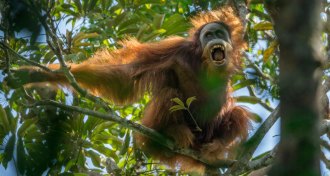 Animals
AnimalsNo more than 800 orangutans from this newly identified species remain
Endangered population of orangutans is the oldest surviving red ape lineage, a new study finds.
By Bruce Bower -
 Genetics
GeneticsNew CRISPR gene editors can fix RNA and DNA one typo at a time
New gene editors can correct common typos that lead to disease.
-
 Genetics
GeneticsInbreeding hurts the next generation’s reproductive success
Inbreeding has evolutionary consequences for humans.
-
 Genetics
GeneticsMating with Neandertals reintroduced ‘lost’ DNA into modern humans
Neandertal DNA brought back some old genetic heirlooms to modern humans.
-
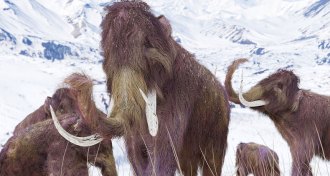 Genetics
GeneticsResurrecting extinct species raises ethical questions
'Rise of the Necrofauna' examines the technical and ethical challenges of bringing woolly mammoths and other long-gone creatures back from the dead.
-
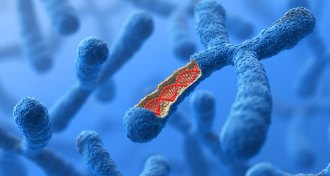 Genetics
GeneticsDoubling up on ‘junk DNA’ helps make us human
DNA duplicated only in humans may contribute to human traits and disease.